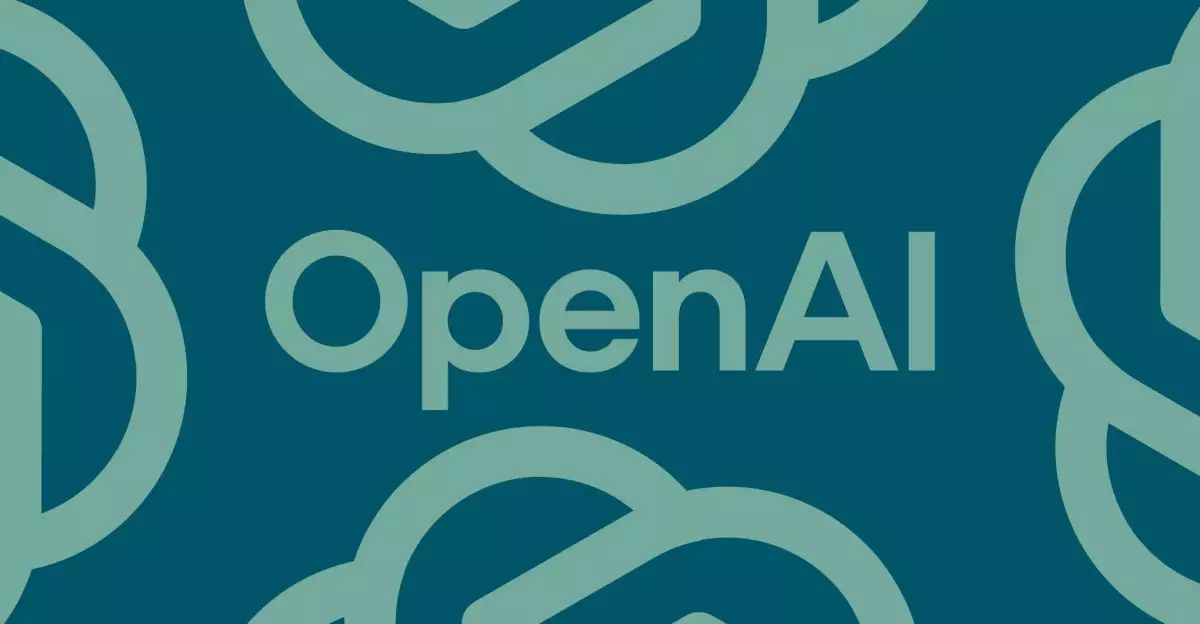In a surprising turn of events, the ongoing feud between Elon Musk and OpenAI has escalated into a high-stakes legal battle that underscores the complexities of innovation and ethical responsibility in artificial intelligence. The dynamics of this confrontation highlight not only personal grievances but also broader implications for the future of AI development. As tensions mount, multiple narratives emerge—one of altruism versus profit, and another of innovation stifled by those with power.
OpenAI’s Bold Response
OpenAI’s decision to file a countersuit against Musk is indicative of its commitment to defend its vision. The company has publicly stated that Musk’s actions are nothing more than “bad-faith tactics” aimed at derailing its progress and monopolizing AI advancements for his personal gain. The language used in OpenAI’s lawsuit reflects their urgency: Musk’s maneuvers, termed a “fake takeover bid,” not only create disruption but also threaten the collaborative ethos that has driven AI innovation.
While Musk was an influential figure during the foundation of OpenAI, his recent legal actions suggest a departure from the cooperative spirit that characterized the organization’s early years. His assertion that OpenAI should return to its mission of benefitting humanity raises questions about his motivations. Is Musk genuinely concerned about the direction of AI development, or is his legal campaign a veiled attempt to exercise control over a landscape he helped create?
Musk’s Strategy and Public Perception
Musk’s legal maneuvers are as multifaceted as his business ventures. After initially suing OpenAI in spring 2023, he chose to drop the case only to reinstate it months later. This oscillation could be interpreted as a tactic—a way to keep OpenAI on the defensive while he strategizes his next move. Musk’s influence extends beyond the legal realm; he shapes public perception through social media and public statements, frequently positioning himself as a champion for the ethical development of AI.
Critics, however, aren’t shy to label his initiatives as performative. The Verge’s editor-in-chief, Nilay Patel, aptly described Musk’s past legal endeavors as “hilariously bad,” suggesting a disconnect between Musk’s public persona and the validity of his claims. The juxtaposition of a visionary entrepreneur and an adversarial litigant raises fundamental questions about accountability in the tech world.
The Stakes Ahead: What Lies in the Future?
As the case is set to go to trial in the spring of 2026, the ramifications of this battle extend far beyond the courtroom. Should OpenAI prevail, it could set a precedent for how future innovations are developed and protected, particularly in rapidly evolving fields like AI. Conversely, if Musk’s ambitions succeed, it may lead to a culture where individual interests overshadow collective progress.
Ultimately, this legal encounter offers a glimpse into the ethical dilemmas surrounding artificial intelligence. It reflects a broader societal struggle: how do we balance pioneering technologies with moral responsibilities? As the saga unfolds, it becomes evident that the future of AI is not just a technological showdown but also a philosophical battleground, where ideals clash with ambitions and corporate strategies redefine what it means to innovate.

